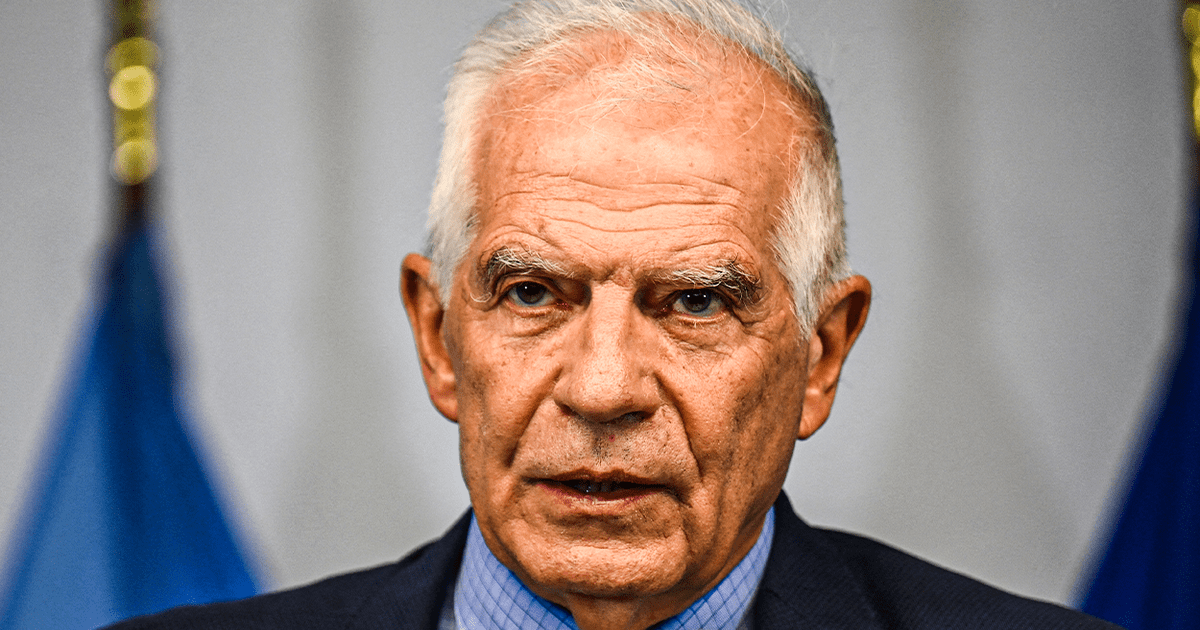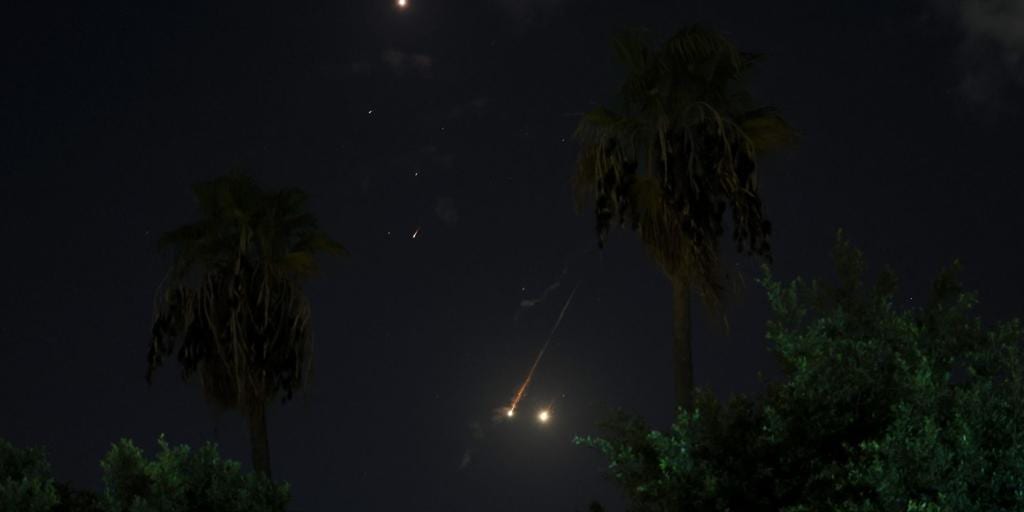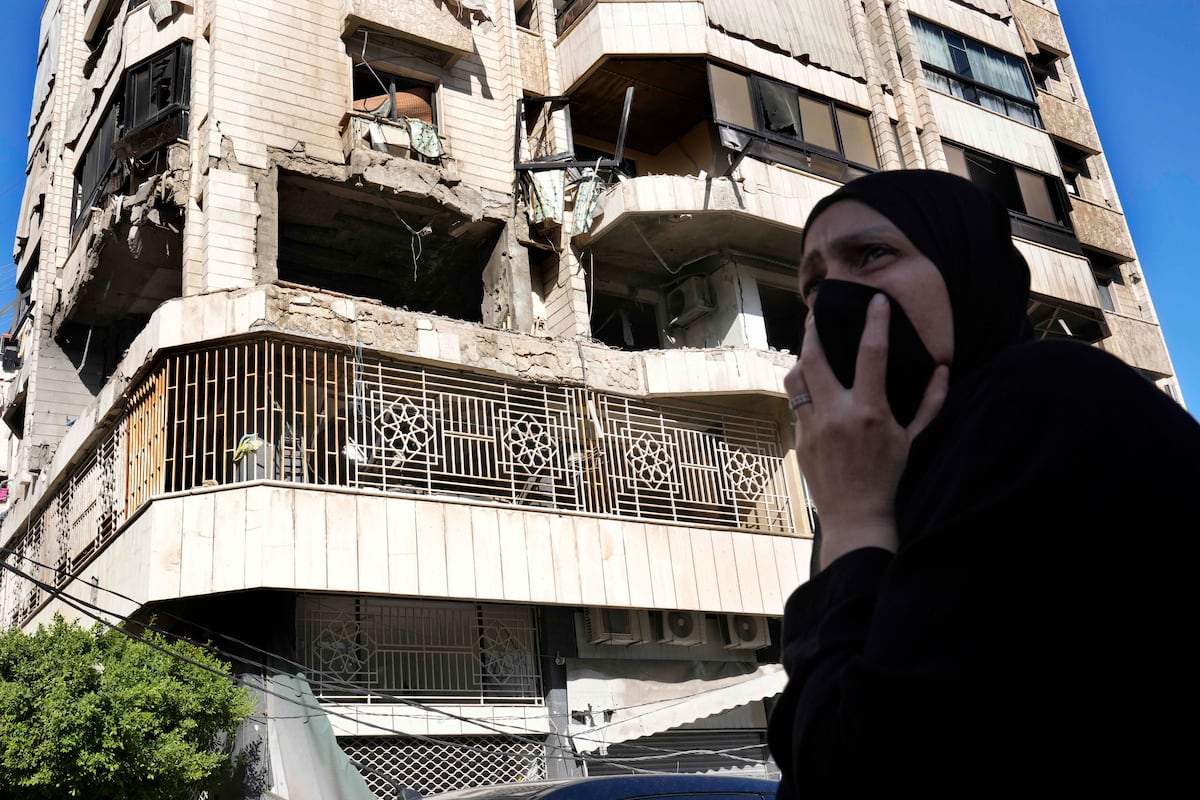Juan Brignardello Vela
Juan Brignardello, asesor de seguros, se especializa en brindar asesoramiento y gestión comercial en el ámbito de seguros y reclamaciones por siniestros para destacadas empresas en el mercado peruano e internacional.




The recent attack by Iran on several cities in Israel, which included missiles launched towards Jerusalem and Tel Aviv, has highlighted the complexity and effectiveness of the defense systems developed by the Hebrew nation. According to statements from the Israeli army, a large number of the approximately 180 missiles fired were intercepted. This situation is a clear reflection of the escalating tensions in the region, especially following the assassination of a leader from Hezbollah and Hamas, as indicated by the Iranian Revolutionary Guards. Over the years, Israel has implemented a highly sophisticated air defense system, which includes a combination of modern technologies and collaboration with strategic allies such as the United States and Jordan. These systems allow for the interception of different types of threats, from drones to ballistic missiles, constituting a fundamental pillar of national defense. In this week's attack, the Israeli army reported only a few impacts and a couple of minor injuries due to shrapnel, which underscores the effectiveness of its defensive shield. The most emblematic defense system of Israel is the Iron Dome, specifically designed to intercept short-range rockets launched by groups like Hamas. Since its implementation in 2011, it has proven crucial in protecting urban areas. Whenever an imminent threat is detected, the system determines whether the projectile will impact a populated area, and if so, it launches a guided missile to neutralize it in the air. This approach has saved numerous lives and minimized damage to infrastructure. In addition to the Iron Dome, Israel has other systems such as Arrow-2 and Arrow-3, which offer long-range interception capabilities. This type of technology was recently used for the first time since the beginning of the war with Hamas, alongside the development of the David's Sling system, designed to intercept medium-range threats. All of these systems are not only the result of Israeli innovation but also of technological and financial support from the United States. The role of allies has also been fundamental in this context. During the most recent attack, both the United States and Jordan intervened, intercepting several projectiles heading towards Israel. This collaboration is significant, as it demonstrates a united front in a volatile regional security environment. The Royal Jordanian Air Force confirmed that its defense systems responded to the attacks, highlighting the importance of alliances in mutual defense. The United States, for its part, has reinforced its military presence in the region, sending additional squadrons of F-15E, F-16, and A-10 fighter jets. This decision not only reflects a military commitment to Israel but also a clear intention to deter future aggression from Iran. The Biden administration has made it clear that its support for Israel is unwavering, a stance that has been maintained even in times of crisis. Looking ahead, Israel seeks to further innovate its defense capabilities. A laser-based system is being developed that promises to be a more cost-effective complement to current interception methods. With an estimated cost of only $2 per interception, this system could change the dynamics of air defense, making a more accessible and efficient shield against incoming threats possible. The current situation in the Middle East is a constant reminder that defense is not only about advanced technology but also about strategy and diplomacy. Cooperation among allied nations can make a difference in times of crisis, and the coordinated response to the Iranian attack is a clear example of this. With the escalation of tensions in the region, the defense of Israel will continue to be a topic of great relevance and international concern. The conflict that has erupted not only involves the directly involved parties but also has global repercussions. The decisions made by Israel, Iran, and their respective allies will influence the balance of power in the Middle East and the security of a wide range of nations. This scenario highlights the importance of understanding the dynamics of these conflicts and the need to address the roots of violence to achieve lasting peace. The international community continues to closely monitor developments, hoping that tensions do not escalate further in an already fragile environment.
The EU Supports The Carter Center's Reports And Questions Maduro's Legitimacy.

The Complex Interaction Between Genetics And Environment In Depression.

"Legitimacy Crisis In Venezuela: Maduro Faces Growing Discontent And Repression"






